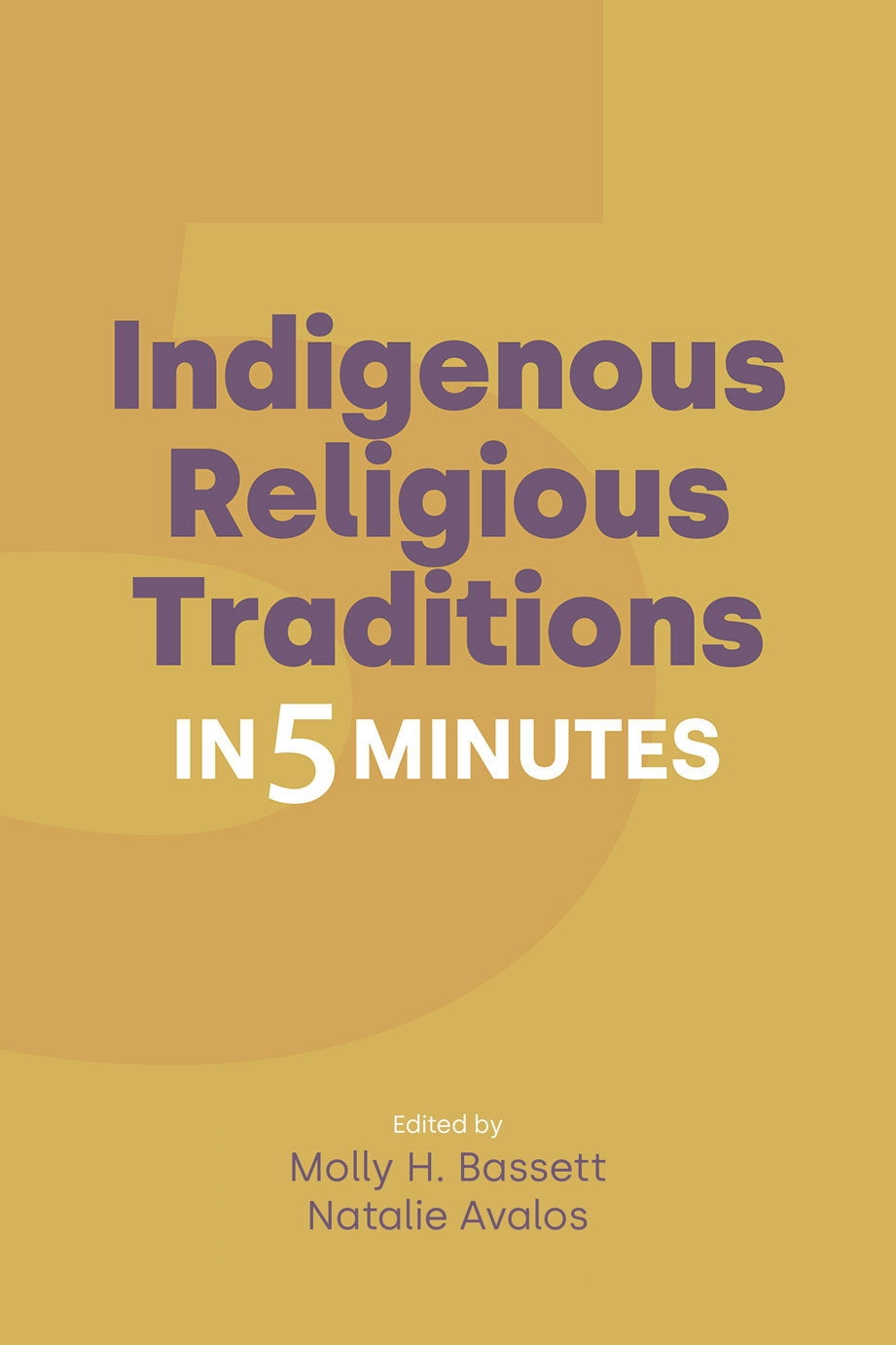31. Can we still use the term “shamanism”?
Indigenous Religious Traditions in Five Minutes - Molly Bassett
Emily B. Simpson [+]
Dartmouth College
Dr. Emily B. Simpson received her PhD from the University of California at Santa Barbara in 2019 and is a lecturer at Dartmouth College. Her research centers on reinterpretations of the legend of Empress Jingū, a third century empress appearing in early Japanese chronicles, within various Buddhist and Shinto traditions and within women’s cults. Her book project, entitled Crafting a Goddess: Divinization and Womanhood in Late Medieval and Early Modern Narratives of Empress Jingū explores how diverse religious institutions divinized Empress Jingū, focusing on her martial and shamanic deeds, her motherhood and pregnancy, or her connections to maritime communities.
Description
Shamanism refers to the belief that certain religious practitioners are able to communicate with supernatural entities, often through a trance state and after undergoing training and initiation. While shamanism is seen as a worldwide phenomenon, its connections to Western-centrism, cultural appropriation, and hierarchical understandings of religion make its usage problematic.






